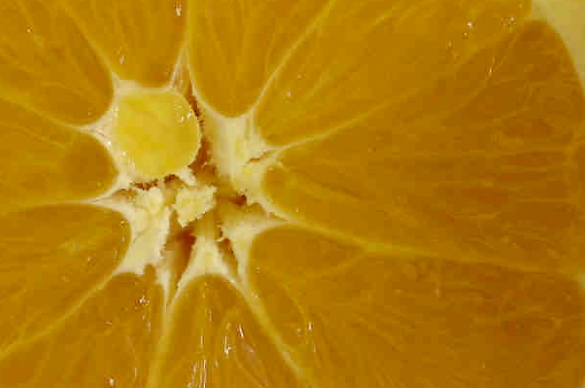The science is clear — overweight and obesity, physical inactivity and poor nutrition are the number one cancer risk for people who don't use tobacco. Together, they cause 20 percent of cancer cases.
ACS CAN is working at the local, state and federal levels to prevent these cancers by advocating for legislation and regulations that make information more accessible for healthy choices, ensure healthy schools for our youth and build healthy communities for all.

